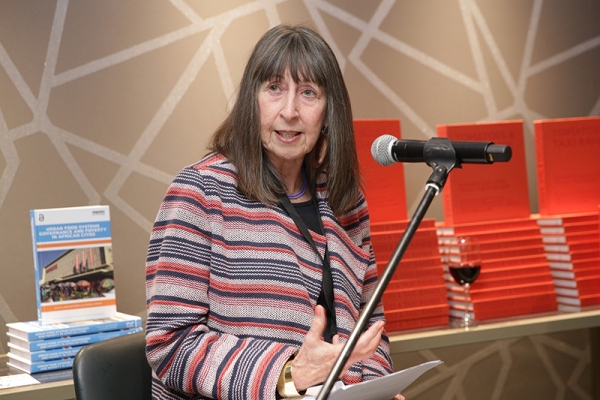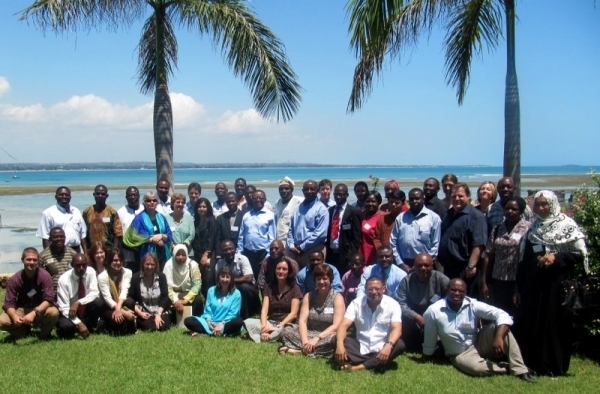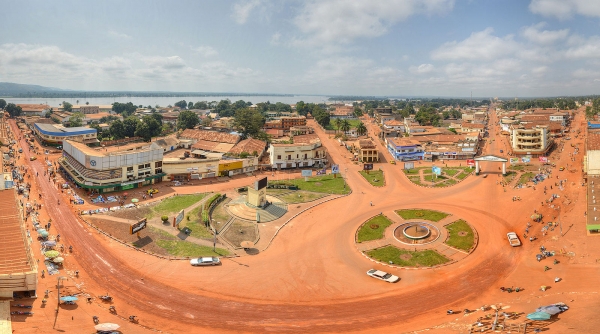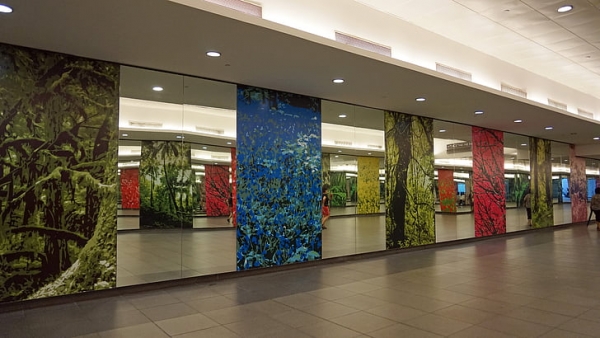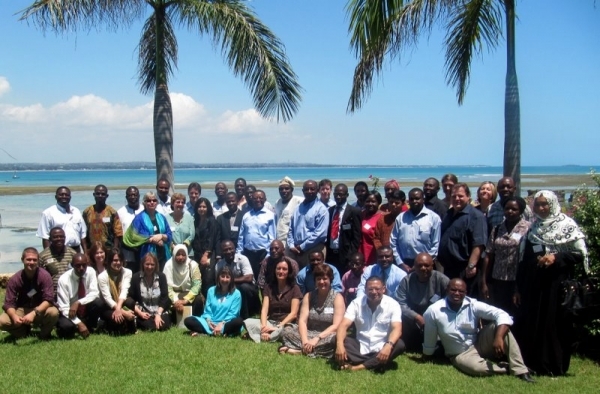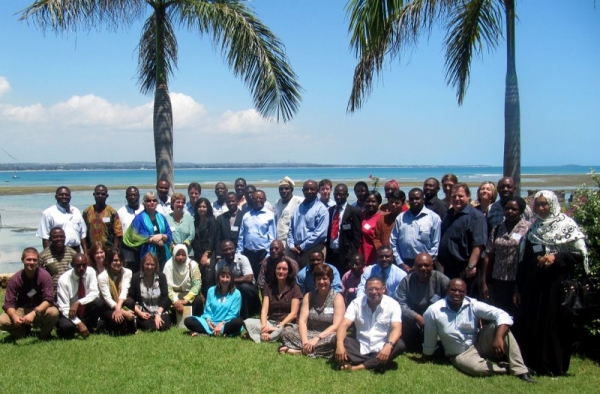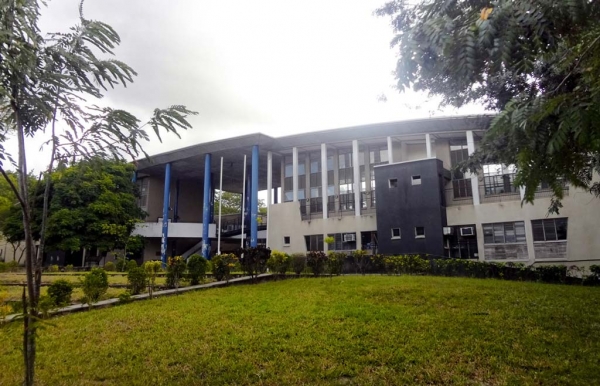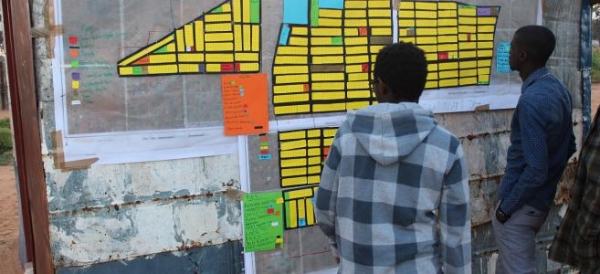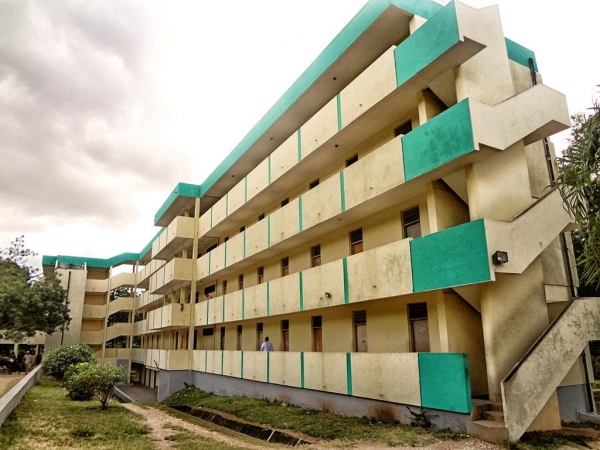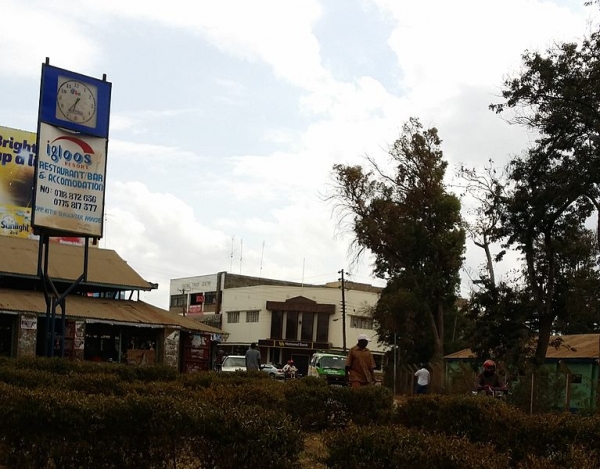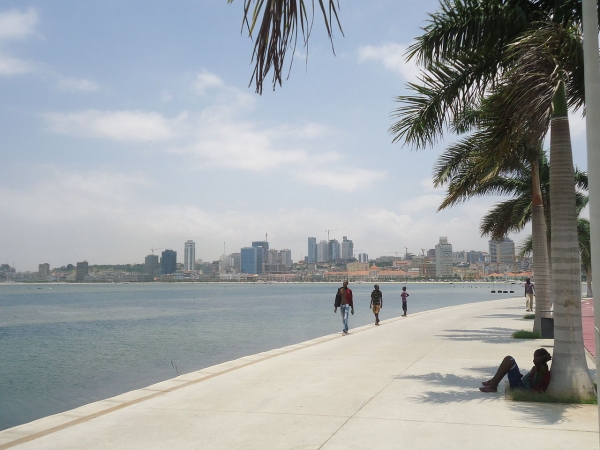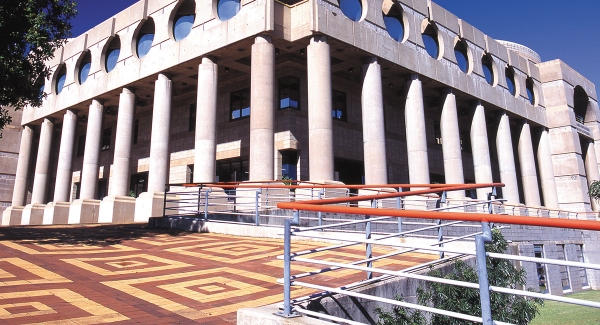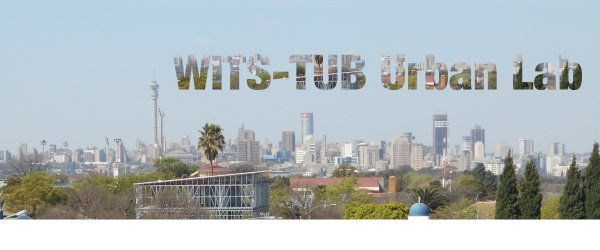The first AAPS online educational toolkit, for the theme of ‘actor collaboration,’ is now available for download. You may find the toolkit by clicking on the ‘Resources’ link above. Alternatively, click here to be taken directly to the relevant webpage.
The actor collaboration toolkit is constituted by an introductory section (including a general discussion of why actor collaboration is an important theme for planning education, and an overview of relevant theories, perspectives and debates within the academic field), a proposed syllabus outline for an educational course or module dealing with the theme of actor collaboration, and three case studies. The case studies are intended for use in teaching, and are referred to within the syllabus outline.
Case study 1 concerns attempts by Cape Town Municipality to develop a high profile formal housing project in the Joe Slovo informal settlement. This case highlights the immense complexity and potential for conflict which characterises state attempts to engage with informality and to formalise the informal within the African city.
Case study 2 examines the clash between the state and informal dwellers and traders in Harare, the capital of Zimbabwe, in the context of the notorious Operation Murambatsvina. It discusses how rational, technocratic and rules based planning may become joined in the service of state oppression.
Case study 3 deals with small scale incremental upgrading within Huruma informal settlement in Nairobi (Kenya). It draws on the work of the Pamoja Trust and the slum dwellers movement known as Muungano wa Wanvijiji. It examines their approach to incremental informal settlement upgrading and reviews the process by which the residents in the settlement obtained enhanced tenure security while strengthening their negotiation power and voice.
The toolkit was created by Richard de Satge. Richard is a land and livelihoods researcher and practitioner with comprehensive experience spanning land reform, land rights management, sustainable livelihoods, rural and urban development, adult learning and capacity development. He has worked extensively in South Africa, Zimbabwe and to lesser extent in Botswana in a variety of development settings. He has worked on the ground as a rural fieldworker living and working in remote rural areas and as a development facilitator in urban informal settlements and migrant worker hostels. Richard played a central role in the founding and management of two NGOs and in the establishment of local and regional inter-sectoral learning networks. After almost 20 years in the NGO sector in South Africa, Zimbabwe and Botswana, he started working as an independent consultant and as an Associate of the Programme for Land and Agrarian Studies (PLAAS) at the University of the Western Cape in Cape Town. He has over 12 years of independent consulting experience. In 2006 Richard became a partner in Phuhlisani Solutions - a consultancy working in the land reform and rural development sector in South Africa, which is in the process of expanding into the Southern African region.

